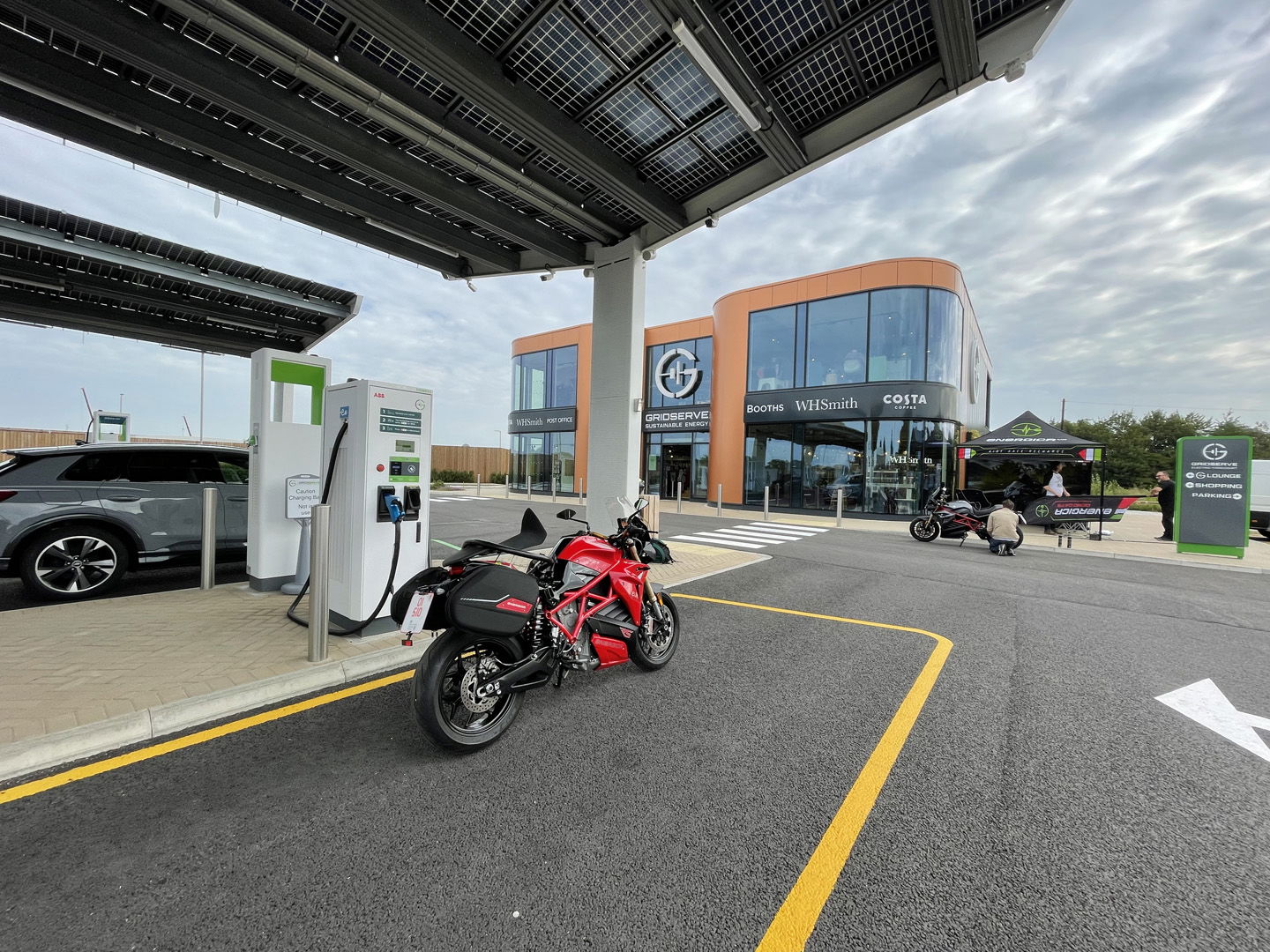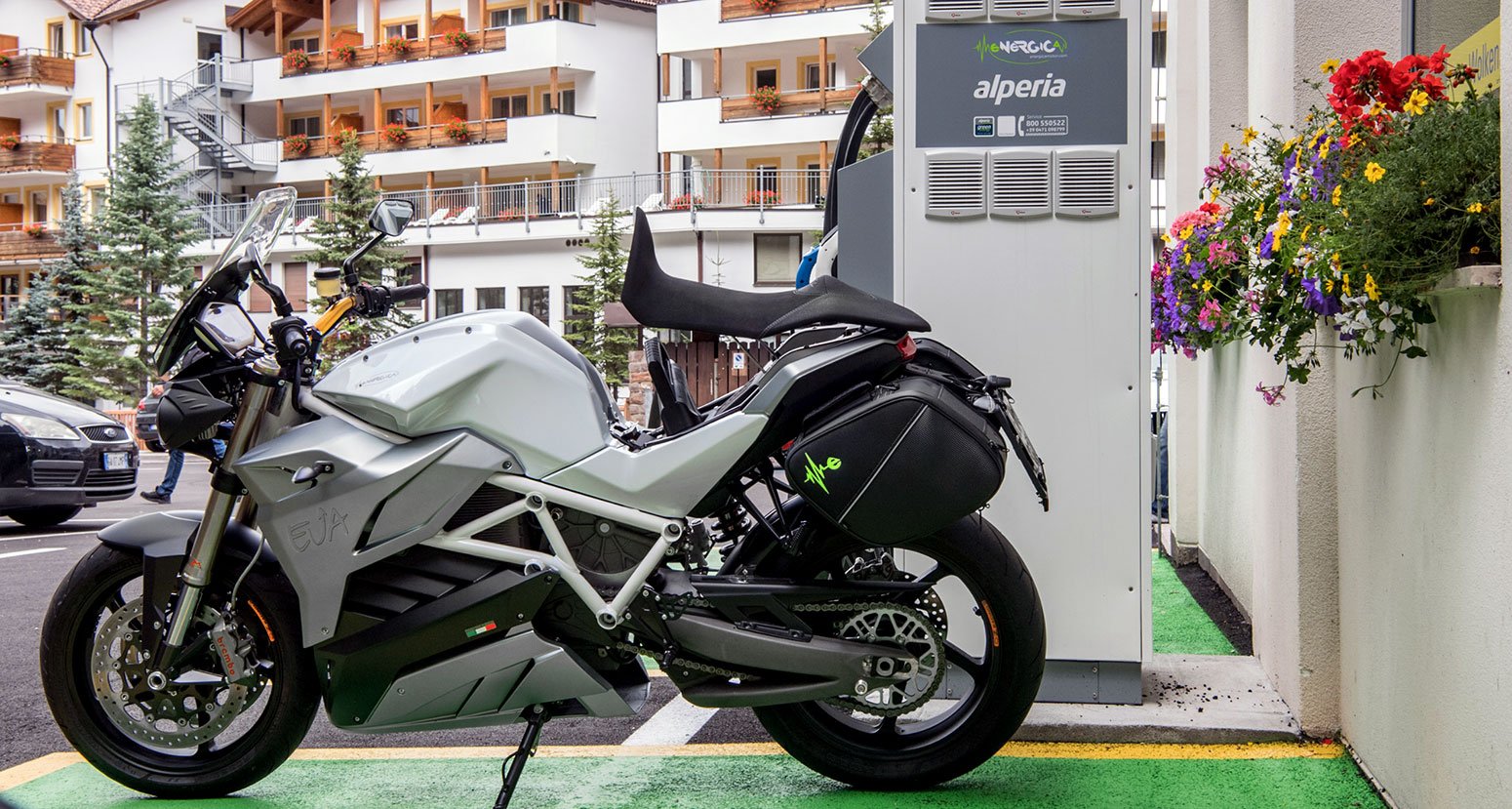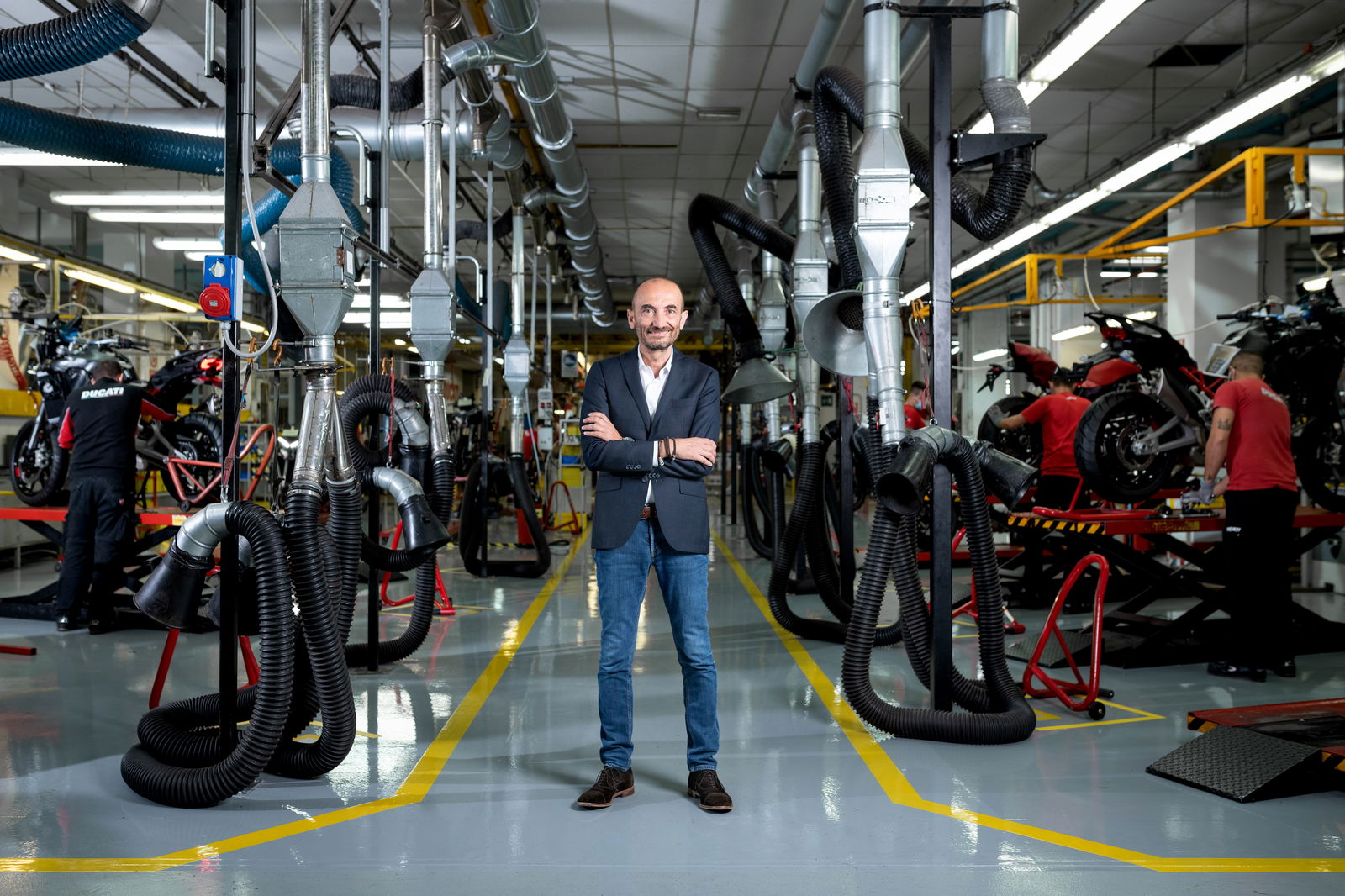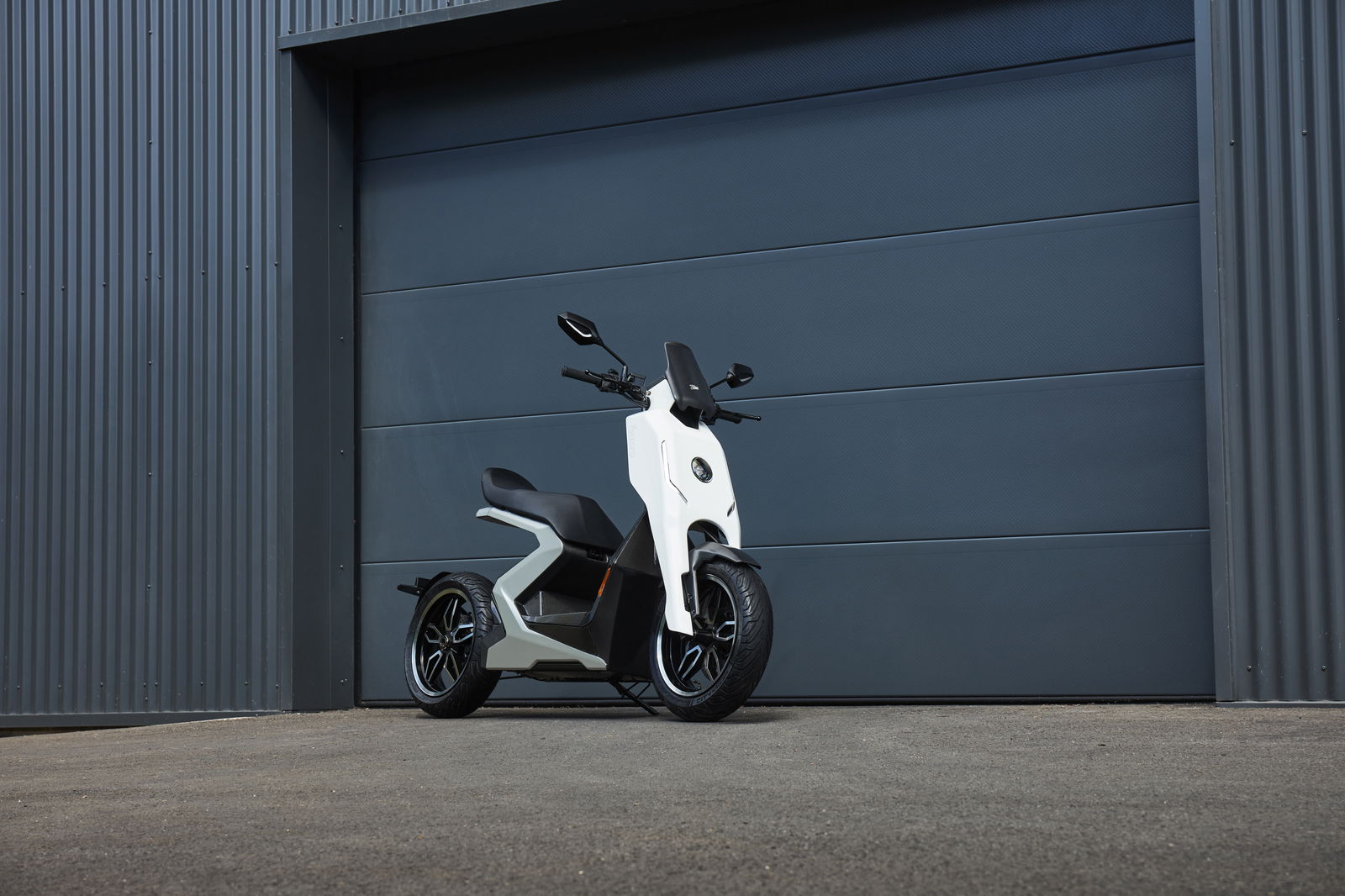Government called on to reduce EV charging costs by "decoupling" gas & electric
The RAC and EV campaign group, FairCharge, have requested the UK government "decouple" the price of electricity and gas in order to reduce charging costs.

EV campaign group FairCharge and the RAC calling on the Government to reinforce its support for the switch to electric vehicles by separating the wholesale price of electricity from gas.
Electricity prices continue to be set by the global price of gas, which has increased electricity bills, and possibly affected the enthusiasm of motorists to switch to electric motorcycles and cars due to much higher charging costs, the RAC says.

FairCharge and the RAC are, therefore, calling on the UK Government to publish the results of its Review of Electricity Market Arrangements. They want this to be revealed so the decoupling process of gas and electric prices can begin.
Under the current system, the Review says, electricity prices are affected by wholesale gas prices because gas-fired power stations are the final source used to meet public consumption demands.
Decoupling electricity prices from wholesale gas prices would decrease the cost of retail electricity - and therefore the cost of charging an electric bike or car - because the increasing amount of electricity generation from renewable sources would have a greater impact on the cost of electricity, the RAC says.

FairCharge is also campaigning to get the 20% VAT charged at public charge points reduced to match the 5% levied on domestic electricity.
Dr Euan McTurk, advisor to FairCharge said: “Bizarrely, it’s currently the case that the most expensive form of electricity generation – gas-fired power plants – determines wholesale electricity prices even though it’s other cheaper sources of power, such as renewables, that make up most of where our electricity actually comes from over the course of the year.
“It would make far more sense for wholesale electricity prices – which ultimately dictate what consumers and businesses pay – to reflect where most of the energy is being generated on any particular day.
“Gas power plants would still be paid what they need to keep operating, but wholesale electricity prices would plummet instantly by several tens of pence per kWh, cutting home and commercial energy bills – as well as public EV charging costs. This could all be done very easily at no expense to taxpayers.”
More information about FairCharge can be found at www.faircharge.co.uk.

